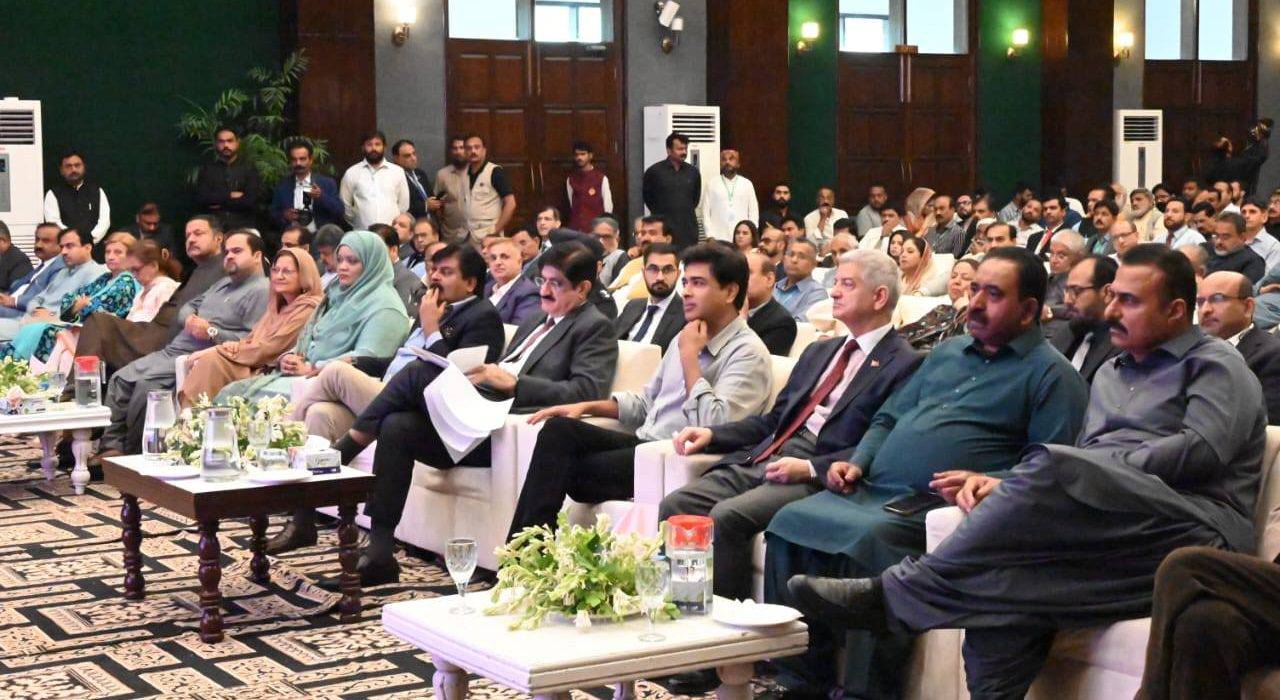In a pointed push toward education reform, Sindh Chief Minister Syed Murad Ali Shah announced that only 646 out of 4,000 applicants managed to clear the province’s newly institutionalized teaching license test—an outcome that signals both a step forward in accountability and a worrying sign of the profession’s current state.
The announcement came during a high-profile ceremony organized by the Sindh Education Department (SELD), where Shah distributed licenses to 297 Junior Elementary School Teachers (JEST) and 195 pre-service teachers. Dignitaries in attendance included Education Minister Syed Sardar Shah, Livestock Minister Mohammad Ali Malkan, diplomats, and education advocates such as Shahzad Roy.
Calling attention to the low pass rate of just 16%, Shah said the result reflected the need for better training and raised questions about the quality of teacher education in the province. He reminded the audience that the licensing framework had been proposed three years ago to ensure that teaching—like medicine or law—would be treated as a profession requiring certification and merit.
He also addressed broader challenges facing education in Sindh, including the large number of out-of-school children. The Chief Minister pledged to improve both enrollment and learning outcomes through continued support for the Sindh Teacher Education Development Authority (STEDA). At the same time, he acknowledged decades of systemic decline, blaming political interference and weakened meritocratic processes for the current state of affairs.
Education Minister Sardar Shah echoed the need for structural reform, hailing the licensing test as a “historic milestone” rather than a bureaucratic burden. Responding to public criticism comparing teaching licenses to weapon permits, he clarified that the goal is not restriction, but professionalization. “Teaching is a service, not just a job,” he said, adding that future appointments would require mandatory training and licensing.
Other speakers, including School Education Secretary Zahid Abbasi, Dr Sajid Ali from Aga Khan University, and STEDA Executive Director Rasool Bux Shah, emphasized the urgent need to raise the bar for educators in order to transform the future of Sindh’s children.
Related: Sindh Rolls Out First-Ever Teacher Licenses
While the initiative marks a significant shift toward accountability and professional standards, the dismal pass rate has exposed the cracks in the pipeline. Without substantial investment in teacher preparation and institutional capacity, the licensing test risks becoming a gatekeeper without first being a guide. For reform to succeed, Sindh must pair high standards with the support systems teachers need to meet them.



